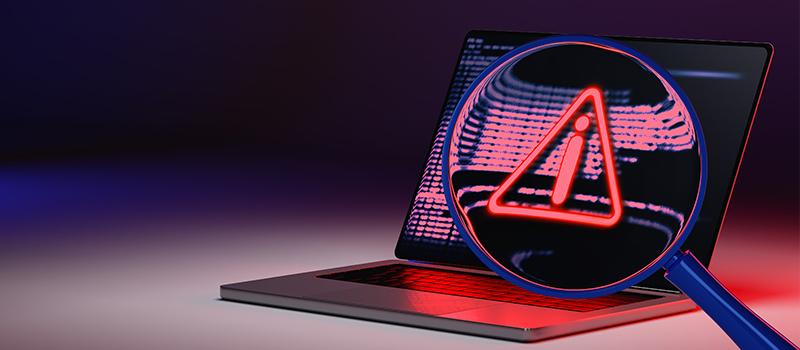
Leave virus protection to your MSP Doctor
Cyberattacks on individuals and businesses for nasty purposes is nothing new. Stealing data, disrupting business, national activities, and just causing general mayhem has been going on for as long as there has been a digital world to attack. Ransomware, however, seems to stand out as a particularly unique and especially troublesome form of crime. For one thing, once an attack has happened, there is likely nothing to do to retrieve your data until you have given in to the demands of the criminals.As a small- to medium- sized business owner, you should never just rely on off-the shelf virus protection programs as the sole tool to protect your organization against cyber crime. In all cases you should rely on an IT professional to look at every aspect of your IT infrastructure to ensure that everything possible is being done to protect your data. Beyond that, ransomware attacks are a particularly troublesome form of crime that requires special attention. Some of the routine tools to protect data may still be vulnerable to ransomware. This e-guide will talk about seven specific ways that an MSP is best positioned to help protect you from a ransomware attack.

Before talking about how an MSP can help. Let’s define ransomware. Ransomware is an especially nasty software whose MO is as old as crime: Kidnapping ( in this case, datanapping) Ransomware does this by infiltrating your computer systems and encrypting all of your files, making them unreadable to you. Then like any kidnapper, they post a ransom and hold your data hostage until they get paid. They encrypt your files, rendering them inaccessible to you. The attackers then demand a ransom payment. Ransomware attacks are typically carried out through phishing emails, compromised websites, or exploiting vulnerabilities in software. ( please check out some of our other e-guides on training your employees to avoid phishing emails, and avoiding other easy tricks that criminals use to infiltrate your IT systems.)
What happens once they have encrypted your data? You are probably stuck either paying the ransom or losing the data. In the case of ransomware, sometimes routine backups may be infiltrated. This is why an MSP can be of such value in securing your data against this particular form of cyber crime.
The impact of this crime is pretty obvious. Your data–and your customer's data–is inaccessible. You have almost no choice but to pay the ransom. The loss of data can disrupt daily business activity and damage customer trust. A successful ransomware attack can lead to brand damage, regulatory penalties for data breaches, and potential legal consequences. The overall consequences can be devastating, making it especially important for you to take proactive measures to prevent such attacks.

The basic preventative measures. Are they enough?
In general, there are some basic textbook best practices you can follow- Educate employees about cybersecurity best practices, including identifying phishing emails and suspicious links.
- Regularly back up data and ensure offline or offsite storage to prevent data loss in case of an attack.
- Keep software and systems up to date with the latest security patches.
- Implement robust endpoint protection solutions, including firewalls, antivirus software, and intrusion detection systems.
- Segment networks to limit the spread of ransomware and restrict access to critical systems.
- Develop and test a disaster recovery plan to ensure an effective response to an attack.

Comments
Post a Comment